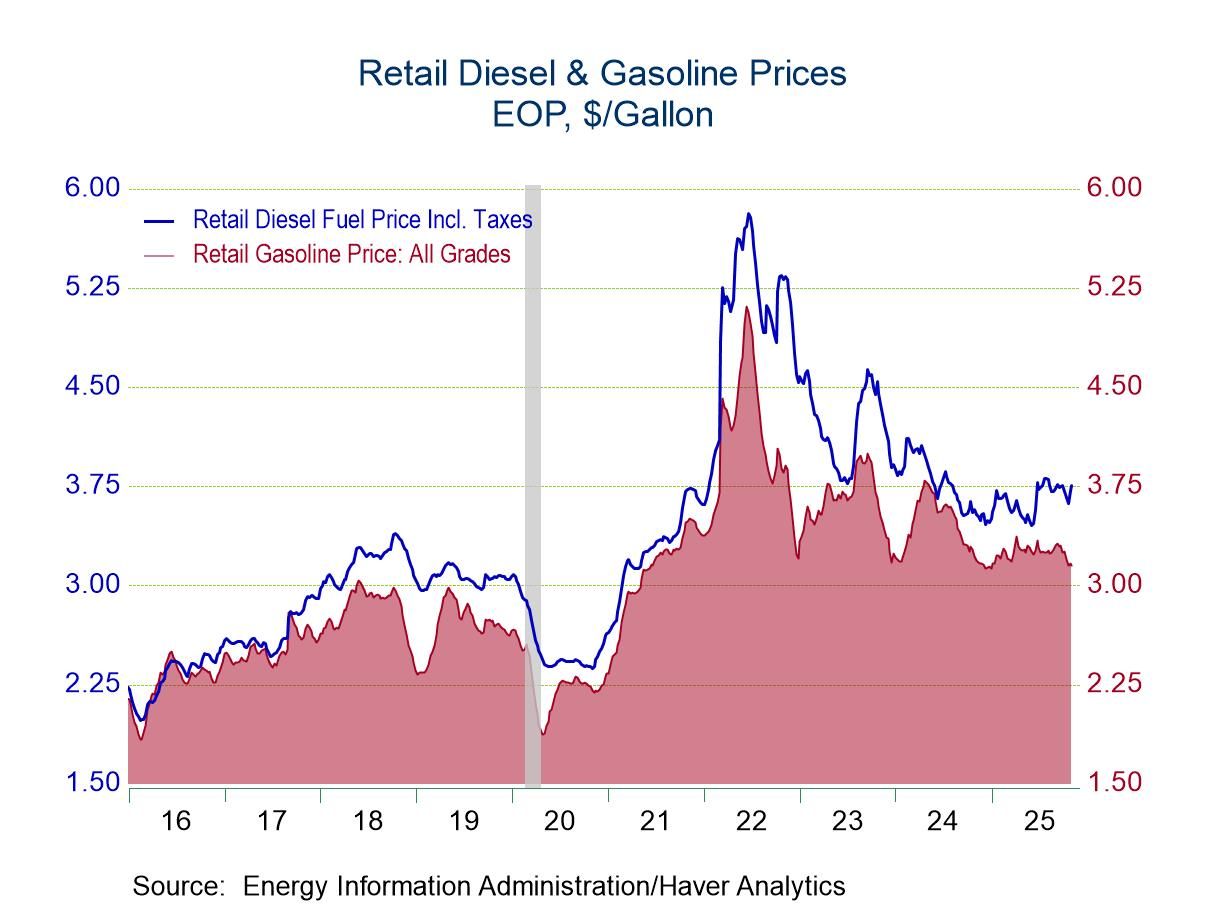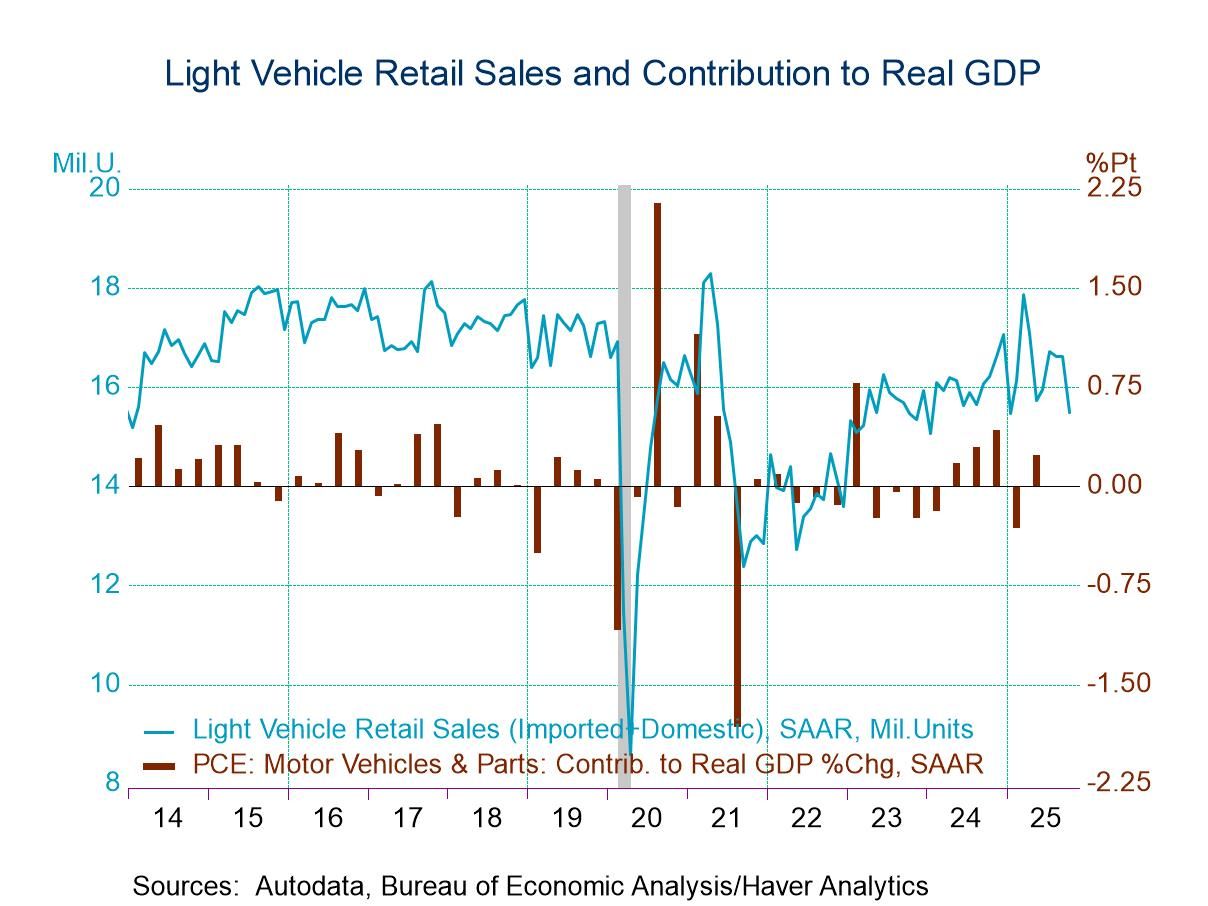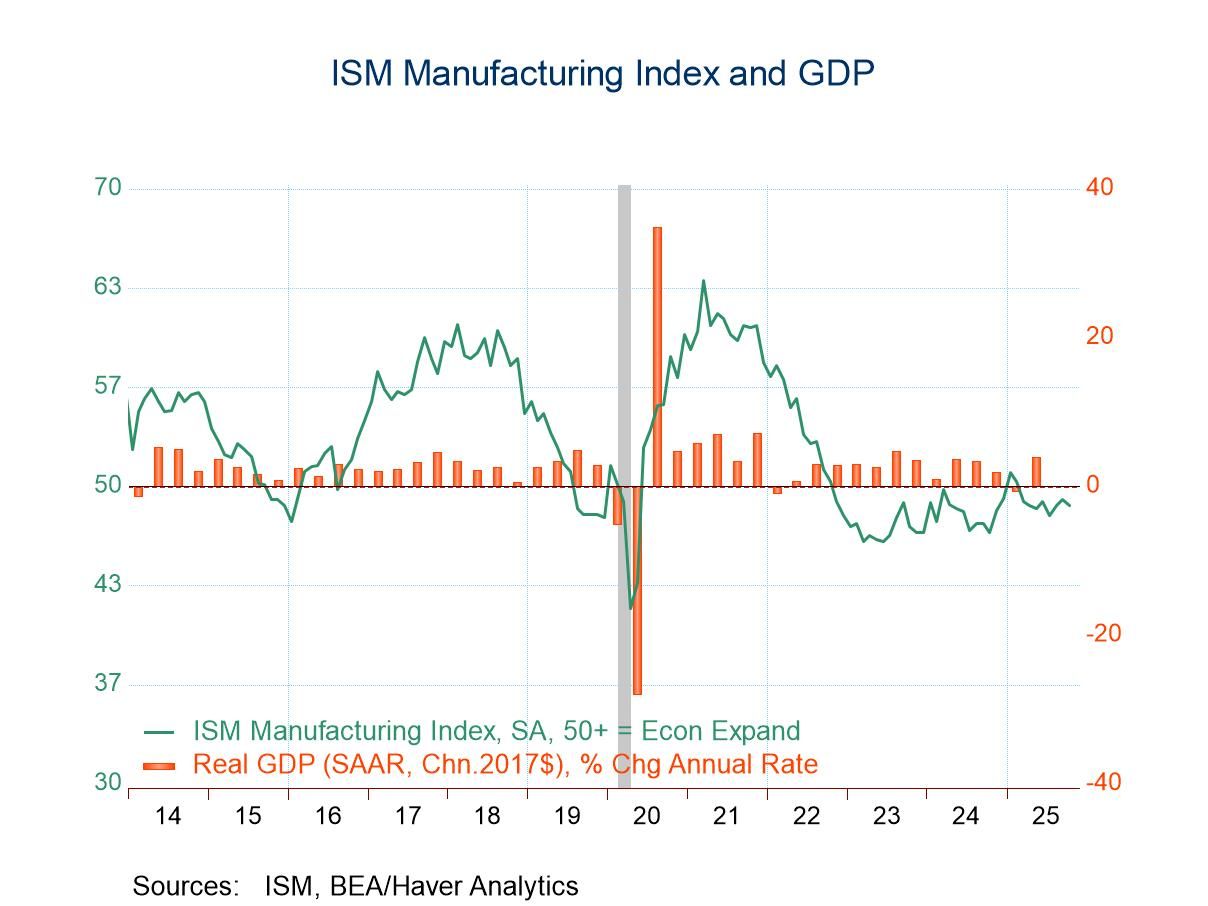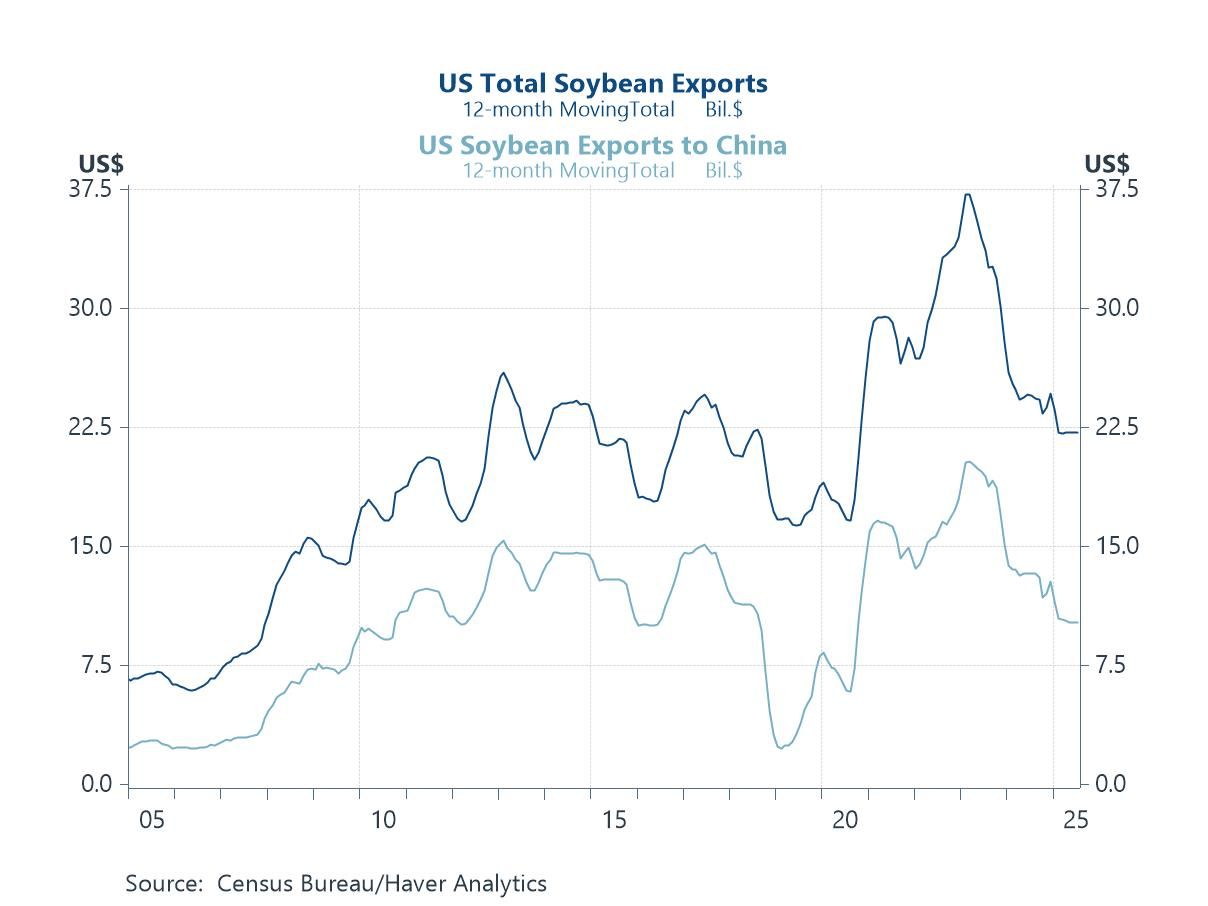 Global| Mar 10 2008
Global| Mar 10 2008U.S. Flow of Funds: Debt Growth Slowed, Household Net Worth Down
by:Tom Moeller
|in:Economy in Brief
Summary
Credit market debt outstanding owed by all sectors of the economy grew 8.6% AR (8.9% y/y) during the fourth quarter of 2007. The gain was a marked slowdown from the strong 10.9% rise during 3Q. Boosted by the growing budget deficit, [...]
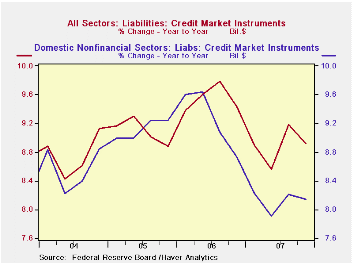
Credit market debt outstanding owed by all sectors of the economy grew 8.6% AR (8.9% y/y) during the fourth quarter of 2007. The gain was a marked slowdown from the strong 10.9% rise during 3Q.
Boosted by the growing budget deficit, the federal government's debt obligations grew 4.9% last year which was up from the 3.9% gain during 2006. Nevertheless, the y/y rise of 4.9% was about half the peak 10.9% rise during 2003.
Consumer credit debt growth slowed to a 5.7% quarterly rate of growth (6.8% y/y) from 7.0% during 3Q. For the year, the 6.8% rate of increase was nearly half the peak rate of 2003 and reflected the slowdown in consumer spending. Households' obligations on home mortgages grew just 5.0% (6.6% y/y) which again was half the gain four years earlier as home purchases tumbled. Conversely, credit card debt growth during the year sped up slightly to 5.5% from 3.9% during 2006. Bank loans nearly doubled during the year.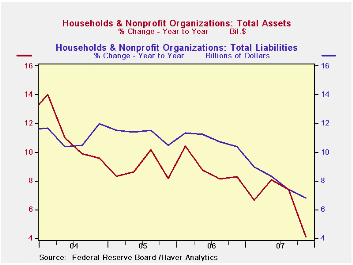
Credit market debt owed by the nonfinancial corporate business sector also sped up to a 11.1% y/y rate of growth which was the strongest in ten years. The non corporate business sector also generated a slight speedup in debt accumulation to a 12.9% rate.
Credit market debt owed by the financial sector accelerated as well to an 11.1% rate of growth which was the strongest gain since 2001. Liabilities at commercial banks grew 26.0% y/y, savings institutions by 34.6% and credit unions by nearly three quarters. 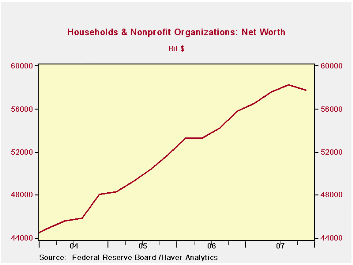
The net worth of the U.S. household sector last quarter deteriorated during 4Q to $57.2 trillion from the prior quarter's record level. The dollar level of household sector assets fell $307.6 billion pulled down by a $54.0 billion loss in tangible asset values (+2.8% y/y) and a $253.6 billion drop in financial values (+4.9% y/y). Liabilities grew $255.2 billion (6.8% y/y).
Assessing Employment Growth in 2007 from the Federal Reserve Bank of San Francisco can be found here.
Recent Trends in Economic Volatility: Conference Summary also from the Federal Reserve Bank of San Francisco is available here
| Flow of Funds (Y/Y % Chg.) | % of Total | 4Q '07 | 3Q'07 | 2007 | 2006 | 2005 |
|---|---|---|---|---|---|---|
| Total Credit Market Debt Outstanding | -- | 8.9 | 9.2 | 8.9 | 9.4 | 8.9 |
| Federal Government | 11% | 4.9 | 4.3 | 4.9 | 3.9 | 7.0 |
| Households | 28% | 6.8 | 7.3 | 6.8 | 10.2 | 11.1 |
| Nonfinancial Corporate Business | 13% | 11.1 | 10.8 | 11.1 | 8.0 | 4.8 |
| Nonfarm, NonCorporate Business | 7% | 12.9 | 12.4 | 12.9 | 12.5 | 13.6 |
| Financial Sectors | 32% | 11.1 | 11.4 | 11.1 | 10.0 | 8.5 |
| Net Worth: Households & Nonprofit Organizations (Trillions) | -- | $57.718 | $58.251 | $57.718 | $55.800 | $51.580 |
| Tangible Assets: Households | -- | $26.760 | $26.813 | $26.760 | $26.037 | $24.427 |
| Financial Assets: Households | -- | $45.333 | $45.587 | $45.333 | $43.218 | $39.544 |
Tom Moeller
AuthorMore in Author Profile »Prior to joining Haver Analytics in 2000, Mr. Moeller worked as the Economist at Chancellor Capital Management from 1985 to 1999. There, he developed comprehensive economic forecasts and interpreted economic data for equity and fixed income portfolio managers. Also at Chancellor, Mr. Moeller worked as an equity analyst and was responsible for researching and rating companies in the economically sensitive automobile and housing industries for investment in Chancellor’s equity portfolio. Prior to joining Chancellor, Mr. Moeller was an Economist at Citibank from 1979 to 1984. He also analyzed pricing behavior in the metals industry for the Council on Wage and Price Stability in Washington, D.C. In 1999, Mr. Moeller received the award for most accurate forecast from the Forecasters' Club of New York. From 1990 to 1992 he was President of the New York Association for Business Economists. Mr. Moeller earned an M.B.A. in Finance from Fordham University, where he graduated in 1987. He holds a Bachelor of Arts in Economics from George Washington University.



